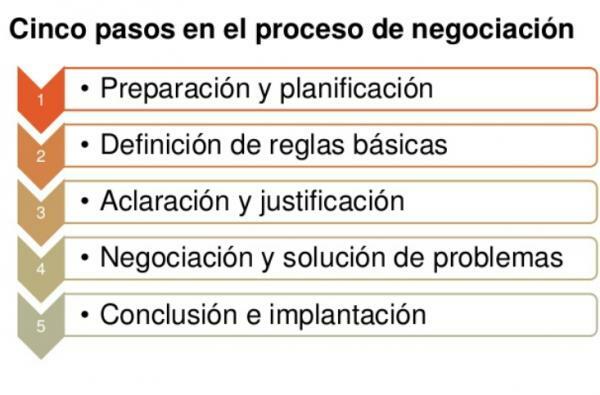
Science is an immensely large field, from which innumerable answers to questions have emerged today we consider as simple but for scientists it was a whole plot of intellectual terror, the interesting thing about the subject is that what we often think As science it is not necessarily a white lab with men in gowns, gloves and glasses doing their thing with the chemicals; There are also other equally valid ways of doing science that, if it were not for them, the world as we know it today would not be possible. The investigation empirical and experimental in social psychology, began to progress in the 1920s and 1930s. Two cornerstones of the future field were: The cognitive perspective. The laboratory experiment.
People develop psychological structures of knowledge (cognitive structures), which use to interpret stimuli selectively, and their reactions are mediated by those interpretations. Cognitive social psychologists explain perception and behavior as a reaction to meaning psychological of the situation, mediated by the cognitive functioning of the individual, and not by simple learning or instinct. Modern psychology has been cognitive since the 1960s.
Social Psychology has been cognitive from the beginning (influence of Gestalt psychology). Theorists such as Asch, Heider, Lewin, and Sherif translated Gestalt ideas into powerful psychosociological theories: The pioneering research of Asch on impression formation, and Heider's on "Cognitive Balance" and "Naive Psychology", paved the way for modern research on the perception of people and social cognition. Studies Sherif, Asch and Lewin on group processes for understanding the social influence. Lewin's field theory, created a tradition of research: the group dynamics. He analyzed intragroup relations as a social field of forces in the "vital space" of the individual.
He considered individual and group as an interdependent system. He introduced group concepts of "properties of the whole" such as their "degree of cohesiveness" (degree of mutual attraction between members), "group standards" (social norms), "social climates", "leadership styles" and "group decisions". He defined psychological groups based on the interdependence of the members (more or less cohesive, more or less power over the members, etc.). It was often easier to change an entire group than the behavior of an isolated individual.
The behavior of the person was a function of the interplay between the person and the environment. Many of these ideas were developed later in the work of Lewin's students. Seminal research on interpersonal attraction and other types of interpersonal relationships, group structure, motivation, conformity, group decision-making, and leadership.
The studies of Lewin and others helped to create a special style of laboratory experimentation in social psychology.
The experiment (laboratory or field): method specially gifted to find and confirm causal links between variables under conditions specified in strictly (not to obtain naturalistic descriptions of social behavior or to discover how variables and processes). It is an excellent method of theoretical research: to establish contrasts between theories and to develop the conceptual propertiess of theories. Lewin and others showed that experiments on social psychology and how to do them were possible. Social psychologists have become experts in measuring attitudes and other types of differences between people in perception and evaluation.
They have learned that control and manipulation have to be directed at variables that are subjectively defined, and in function of theoretical constructs that make sense and are relevant in the framework of a theoretical system of ideas, although conceptualize globally. It is perfectly acceptable to manipulate a complex whole of interrelated empirical aspects as a single variable, as long as it can be conceptualized from plausibly as a single theoretical property and that there is evidence that subjects react to it globally as an entity subjectively significant.
If you want to continue with What is social psychology.
This article is merely informative, in Psychology-Online we do not have the power to make a diagnosis or recommend a treatment. We invite you to go to a psychologist to treat your particular case.


